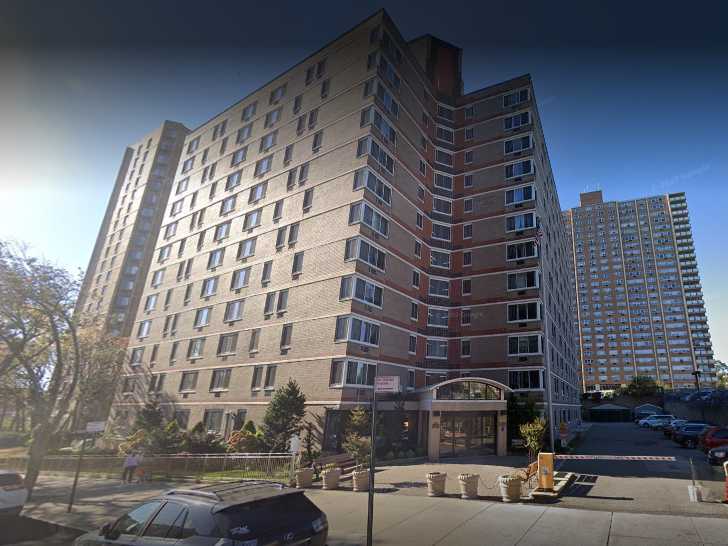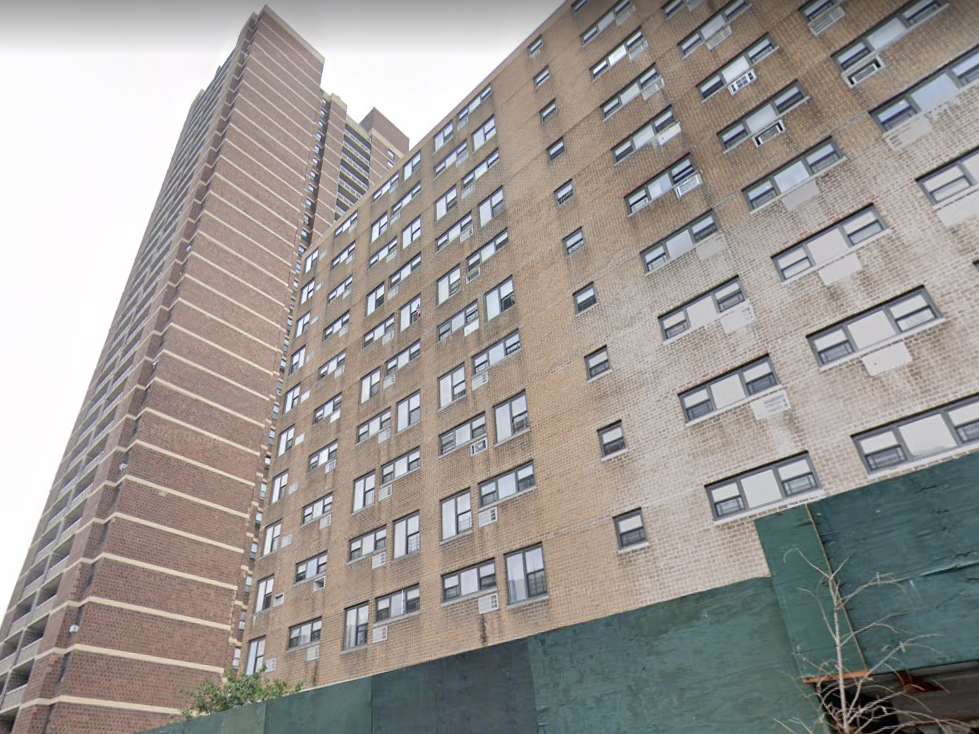Low income housing in Queens offers a vital solution for families and individuals seeking affordable living options in one of New York City's most vibrant boroughs. As housing costs continue to rise, finding secure and affordable housing has become increasingly challenging for low-income residents. This article aims to provide a detailed exploration of the available resources, programs, and opportunities to help residents access safe, quality housing within their budget.
Queens, known for its cultural diversity and thriving communities, is home to numerous initiatives designed to assist low-income families. Understanding the landscape of low-income housing in Queens is crucial for both current residents and newcomers seeking affordable housing solutions. This guide will walk you through the available options, eligibility criteria, and application processes.
Our focus is to empower readers with actionable information and insights that can help them navigate the complex world of low-income housing. By the end of this article, you'll have a clear understanding of the programs available, their benefits, and how to apply successfully. Let's dive in!
Read also:Conchita Alonso The Iconic Journey Of A Multifaceted Star
Table of Contents
- Overview of Low Income Housing in Queens
- Key Programs for Low Income Housing
- Eligibility Criteria for Low Income Housing
- Application Process for Low Income Housing
- Resources for Low Income Housing in Queens
- Challenges in Securing Low Income Housing
- Government Initiatives for Affordable Housing
- Nonprofit Organizations Supporting Low Income Housing
- Future of Low Income Housing in Queens
- Tips for Successful Low Income Housing Applications
Overview of Low Income Housing in Queens
Low income housing in Queens plays a critical role in addressing the housing affordability crisis faced by many residents. With a population of over 2 million, Queens is one of the most populous boroughs in New York City, making affordable housing a pressing issue. The demand for low-cost housing options continues to grow as more families struggle to keep up with rising rents.
Key Statistics on Housing in Queens
According to data from the U.S. Census Bureau, approximately 40% of renters in Queens spend more than 30% of their income on housing, exceeding the threshold for affordability. This financial strain has prompted local and state governments to invest in programs aimed at increasing the availability of affordable housing units.
- Over 50,000 low-income households in Queens are eligible for housing assistance.
- The average rent for a one-bedroom apartment in Queens is approximately $2,800 per month.
- More than 60% of low-income families in Queens rely on public housing or Section 8 vouchers.
These statistics highlight the urgent need for comprehensive solutions to address the housing crisis in Queens. The following sections will delve deeper into the programs and resources available to assist low-income residents.
Key Programs for Low Income Housing
Several programs are designed to provide affordable housing options for low-income families in Queens. These initiatives are funded by federal, state, and local governments, as well as nonprofit organizations. Below are some of the most prominent programs:
Section 8 Housing Choice Voucher Program
The Section 8 program is one of the largest federal initiatives for low-income housing. It provides rental assistance to eligible families, allowing them to choose housing that meets their needs. Participants receive vouchers that cover a portion of their rent, with the remaining amount paid directly by the tenant.
New York City Housing Authority (NYCHA)
The NYCHA manages public housing developments across New York City, including Queens. These developments offer affordable rental units to low-income families, seniors, and individuals with disabilities. Residents pay rent based on their income, ensuring affordability for all tenants.
Read also:Izzy Fooks Michyna Rising Star In The Fashion Industry
Housing Development Fund Corporation (HDFC)
HDFC cooperatives are another option for low-income housing in Queens. These cooperatives allow residents to purchase shares in a building, enabling them to secure long-term affordability. HDFC units are often more affordable than traditional market-rate apartments.
Eligibility Criteria for Low Income Housing
To qualify for low-income housing programs, applicants must meet specific income and household size requirements. These criteria vary depending on the program and funding source. Below are the general eligibility guidelines:
Income Limits
Income limits for low-income housing programs are based on the Area Median Income (AMI) for New York City. For example:
- A single individual earning less than $48,000 per year may qualify for certain programs.
- A family of four earning less than $70,000 per year may also be eligible.
Documentation Requirements
Applicants must provide documentation to verify their income, citizenship status, and household size. Common documents include:
- Pay stubs or W-2 forms
- Bank statements
- Proof of citizenship or legal residency
Application Process for Low Income Housing
Applying for low-income housing in Queens involves several steps. Understanding the process can increase your chances of success. Below is a step-by-step guide:
Step 1: Research Available Programs
Start by identifying the programs that best suit your needs. Visit the websites of organizations like NYCHA or local nonprofit agencies to learn more about their offerings.
Step 2: Complete the Application
Applications for low-income housing programs are typically available online or in person. Ensure you complete all required fields and submit supporting documentation.
Step 3: Attend Interviews and Inspections
Some programs may require in-person interviews or property inspections to verify eligibility. Attend these appointments promptly to avoid delays.
Resources for Low Income Housing in Queens
Several resources are available to assist low-income residents in Queens. These organizations provide guidance, support, and access to affordable housing options.
Queens Housing Development Corporation
The Queens Housing Development Corporation offers counseling and financial assistance to low-income families seeking affordable housing. Their services include:
- Rental assistance programs
- Homeownership counseling
- Foreclosure prevention services
Legal Services NYC
Legal Services NYC provides free legal assistance to low-income residents facing housing-related issues, such as eviction or landlord disputes. Their team of attorneys works tirelessly to protect tenants' rights.
Challenges in Securing Low Income Housing
Despite the availability of programs and resources, securing low-income housing in Queens remains a challenge for many residents. Common obstacles include:
Long Waitlists
Many low-income housing programs have long waitlists, with some applicants waiting several years for placement. Prioritization is often given to families with the greatest need, such as those experiencing homelessness or domestic violence.
Competitive Applications
The high demand for affordable housing makes the application process highly competitive. Applicants must ensure their applications are complete and submitted on time to increase their chances of success.
Government Initiatives for Affordable Housing
Local and state governments have implemented various initiatives to address the affordable housing crisis in Queens. These efforts include:
NYC Mayor's Housing Plan
The NYC Mayor's Housing Plan aims to create and preserve 300,000 affordable housing units by 2026. This plan focuses on increasing the supply of affordable housing in all five boroughs, including Queens.
State Rent Stabilization Laws
State rent stabilization laws protect tenants in certain buildings from excessive rent increases. These laws ensure that low-income families can continue to afford their housing without fear of displacement.
Nonprofit Organizations Supporting Low Income Housing
Nonprofit organizations play a vital role in supporting low-income housing initiatives in Queens. These organizations provide a range of services, including:
Enterprise Community Partners
Enterprise Community Partners works to increase access to affordable housing by providing funding, technical assistance, and advocacy. Their programs focus on creating sustainable housing solutions for low-income families.
Urban Homesteading Assistance Board (UHAB)
UHAB supports low-income residents in Queens by helping them acquire and maintain affordable housing through cooperative ownership. Their services include training, technical assistance, and advocacy.
Future of Low Income Housing in Queens
The future of low-income housing in Queens looks promising, with ongoing efforts to increase the supply of affordable units. Innovations in housing design and financing are expected to play a significant role in addressing the affordability crisis. Additionally, collaborations between government agencies, nonprofit organizations, and private developers will continue to drive progress in this area.
Tips for Successful Low Income Housing Applications
To increase your chances of success when applying for low-income housing programs, consider the following tips:
Stay Organized
Keep all required documents in a safe and accessible location. This will help you submit complete applications and avoid delays.
Apply to Multiple Programs
Don't limit yourself to a single program. Apply to multiple initiatives to increase your chances of securing affordable housing.
Seek Assistance
Reach out to local organizations for guidance and support throughout the application process. Their expertise can make a significant difference in your success.
Conclusion
In conclusion, low-income housing in Queens offers a lifeline for families and individuals struggling with housing affordability. By understanding the available programs, eligibility criteria, and application processes, residents can take proactive steps toward securing safe and affordable housing. We encourage you to explore the resources mentioned in this article and reach out to local organizations for additional support.
We invite you to share this article with others who may benefit from the information provided. Your feedback and questions are always welcome in the comments section below. Together, we can work toward a future where everyone has access to safe, affordable housing.



